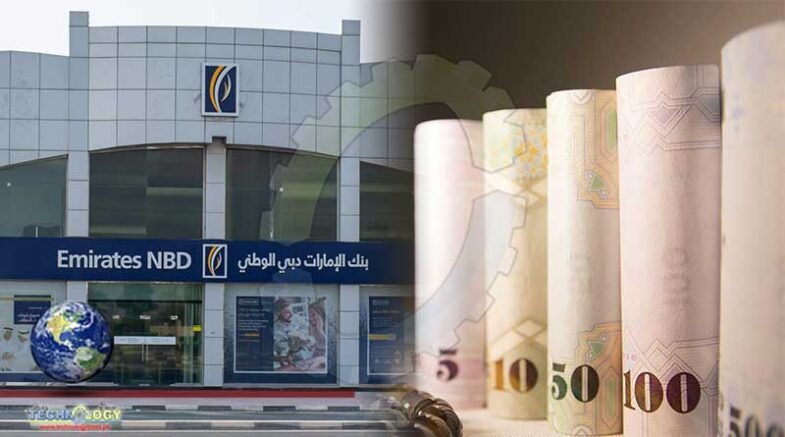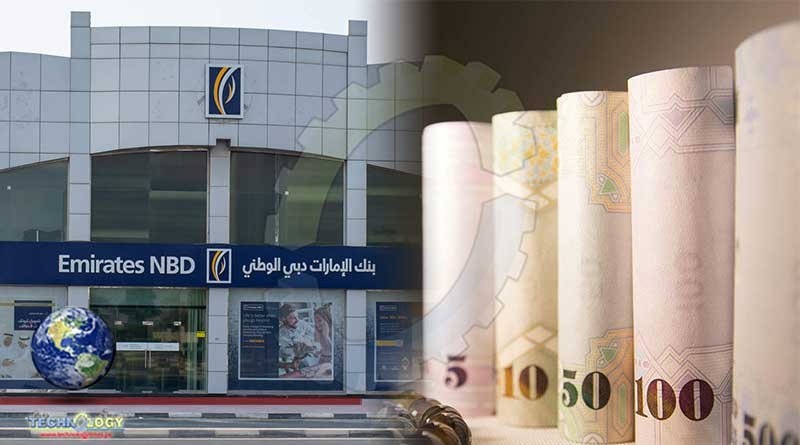Islamic banks in the UAE are being urged to double up on their digital transformation plans as Sharia banking services in the country dipped in 2020.

Islamic banks in the UAE are being urged to double up on their digital transformation plans as the demand for Sharia banking services in the country dipped slightly in 2020 amid the coronavirus fallout.
According to the Islamic Banking Index produced by Emirates Islamic, a small reduction in the overall penetration and intention of both conventional and Islamic products compared to 2019, while perception remained consistent with last year. The penetration of Islamic banking products fell from 60 percent to 58 percent and from 65 percent to 64 percent for conventional banking.
It added that in the long run, the penetration of Islamic banking products has increased gradually from 47 percent to 58 percent since 2015, while conventional banking products have seen a reduction from 70 percent to 64 percent over the same period.
The overall penetration of Islamic finance products among Muslim respondents was consistent at 70 percent in 2019 and 69 percent in 2020. Among non-Muslims, the Index revealed there was an increase in uptake in Islamic credit cards up four percent to 28 percent in 2020, and Islamic savings accounts – also up four percent to 32 percent.
According to the Index, the overall perception of Islamic banks remained stable at 38 percent in line with 2019, but has improved by 12 percent since 2015. Even though most non-Muslims still rate Islamic banks lower on service-related factors, their perception has improved on technology factors and see them offering better value (lower transaction fees and better profit rates).
The Index showed that the percentage of customers likely to subscribe to banking products has dropped by 5 percent due to the current economic situation, with Islamic products reducing to 33 percent in 2020 and conventional products dropping to 35 percent. It also indicated that value for money in financial products has grown in importance, with 36 percent of respondents citing better rates and pricing as a factor influencing a potential shift to Islamic financial products, compared with 33 percent last year.
Wasim Saifi, deputy CEO – Consumer Banking and Wealth Management at Emirates Islamic said: “No industry has been untouched by Covid-19, as consumers have changed the way they live, preferring reduced face to face contact, more time spent in the home, and financially conservative behaviour in a climate of economic uncertainty. “However, while the global economic downturn has impacted consumer’s banking habits, we are pleased to see that Islamic banking continues to be perceived as more supportive of the community.—Agencies
Originally published at Pak Observer
